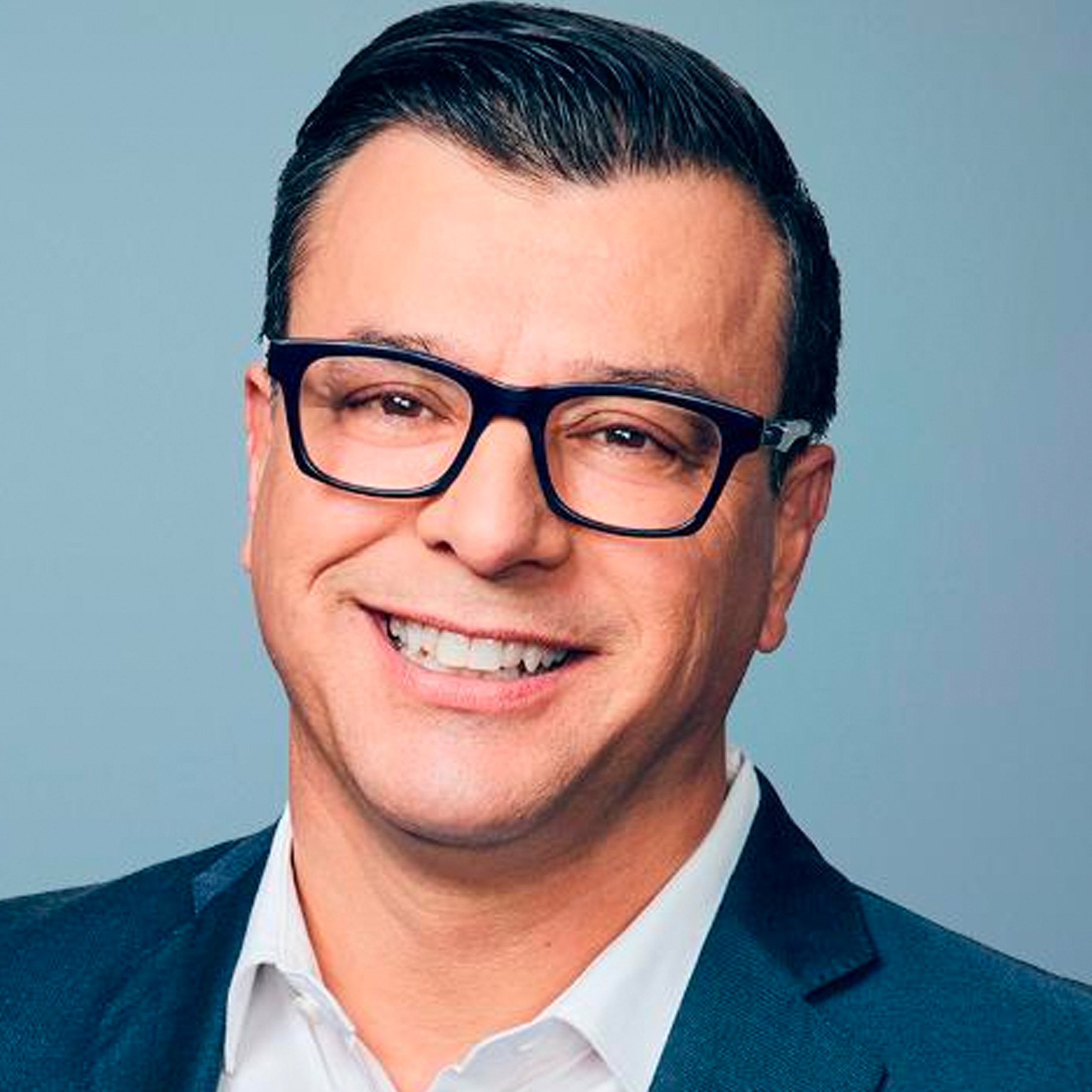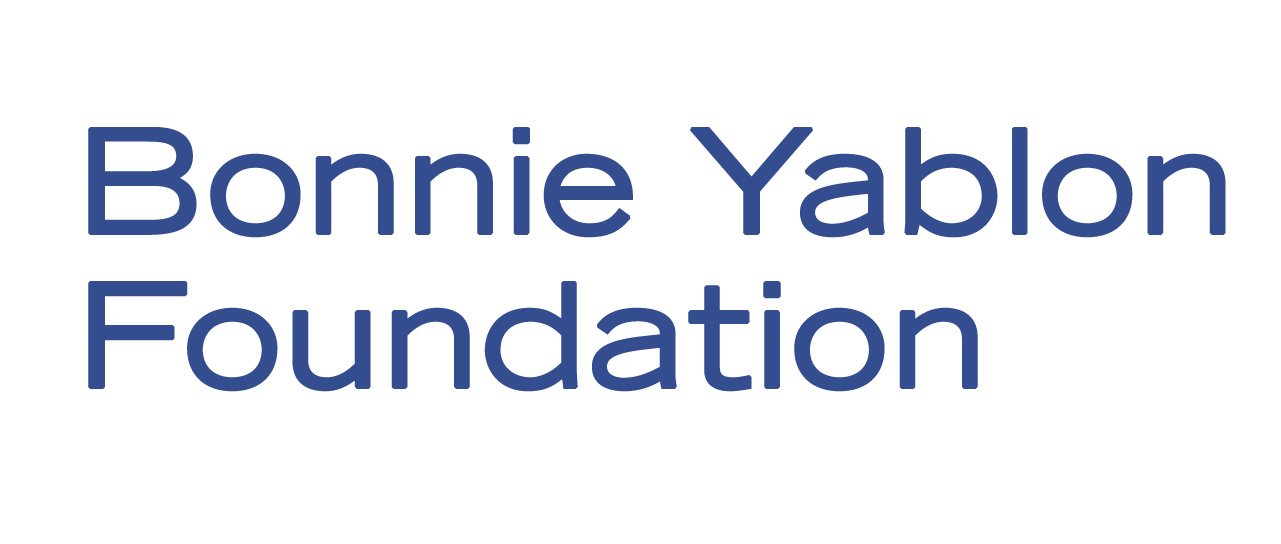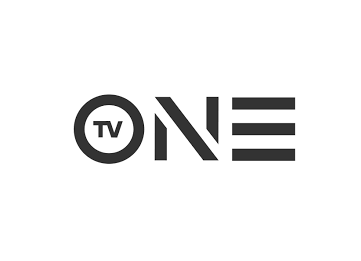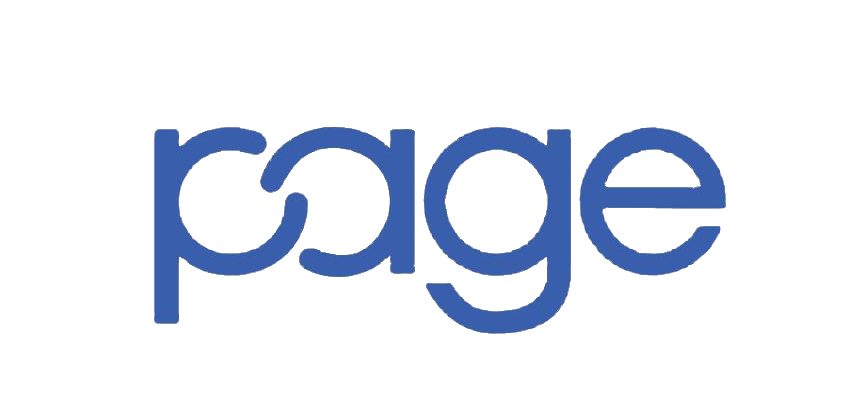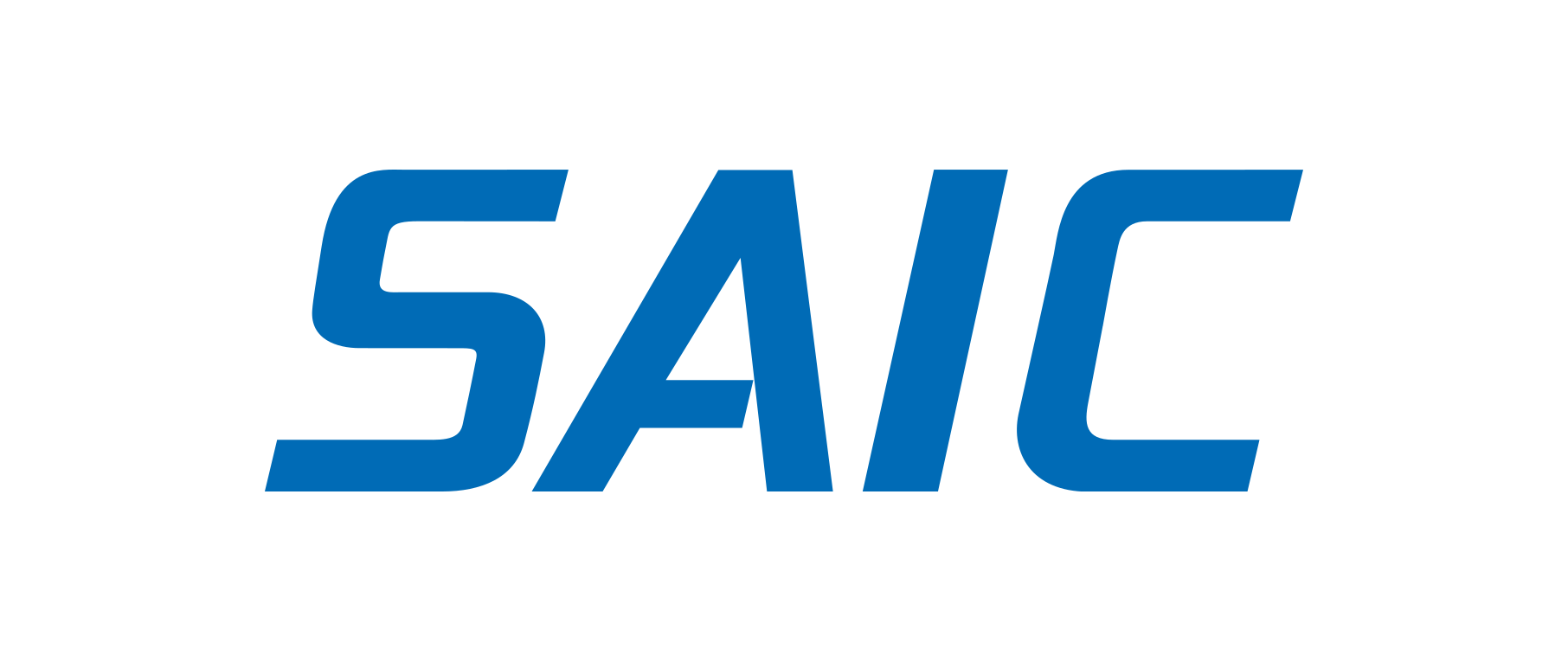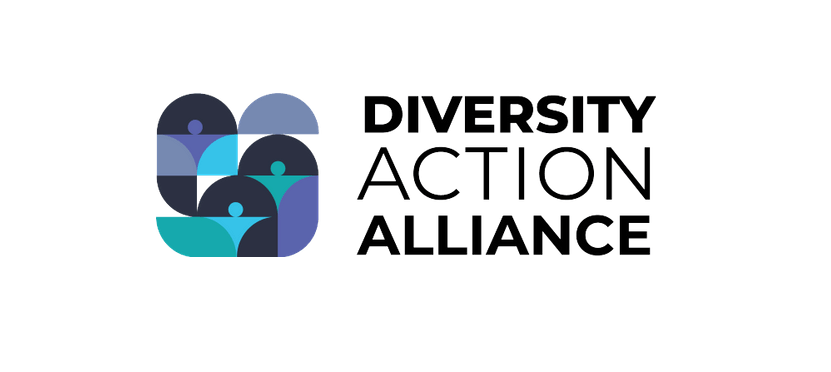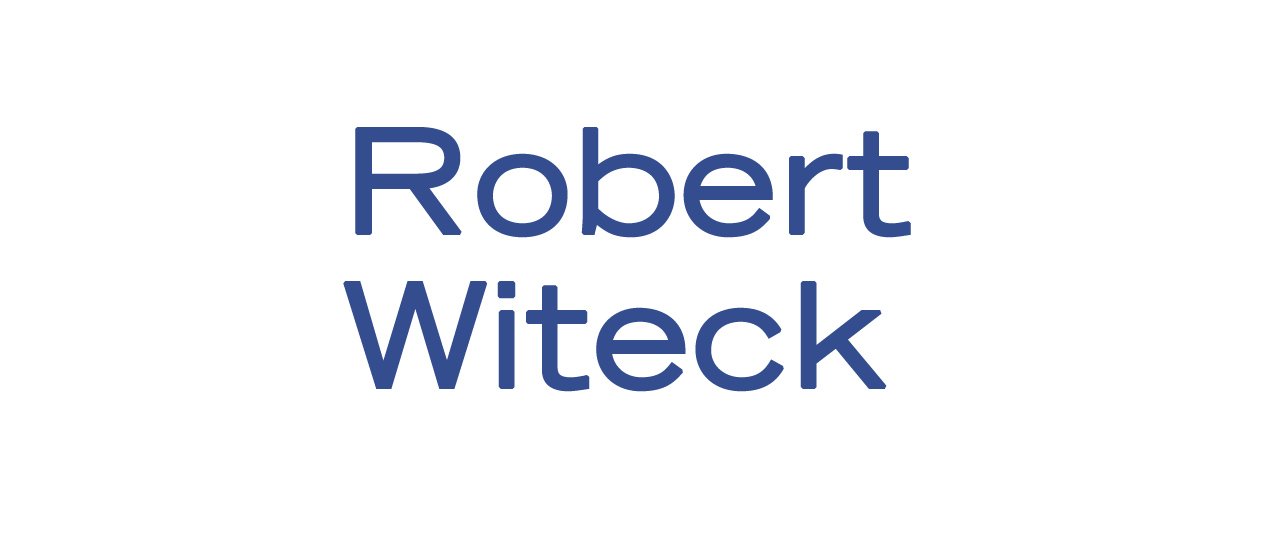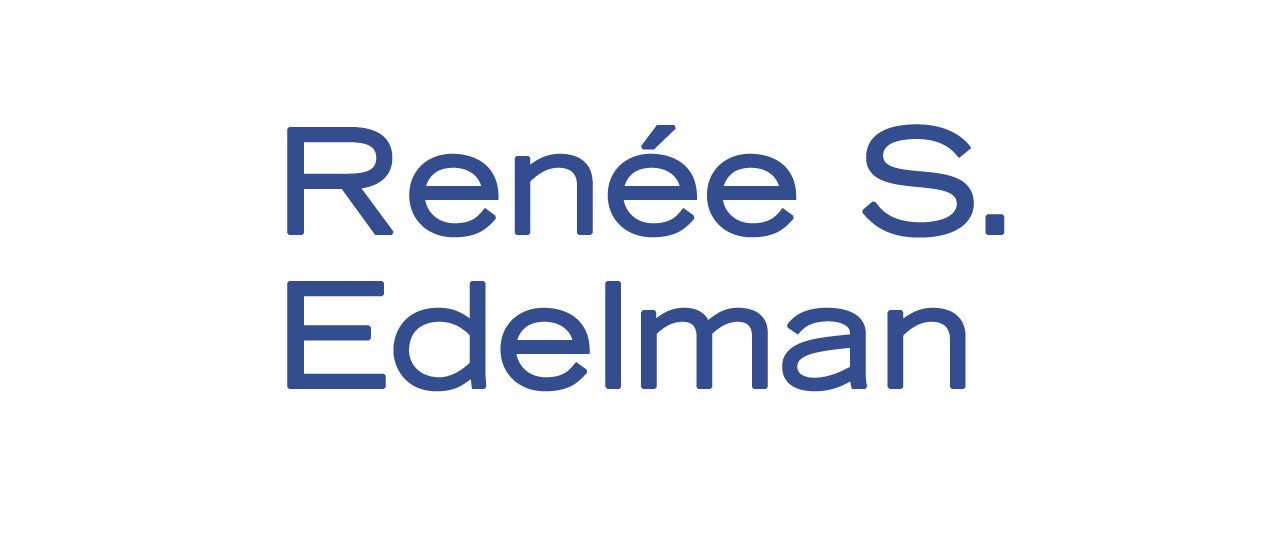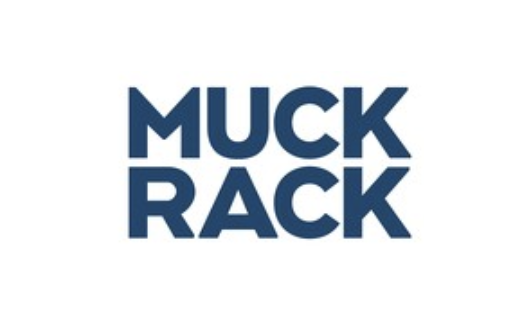LGBTQ Rights on the Line: The Role of Communicators Advocating for Equality
The recent leak of an upcoming Supreme Court ruling on Roe v. Wade is only the latest attack on equality in America. As LGBTQ communicators and reporters know, the LGBTQ community has been under attack in state houses and communities nationwide. Pride Month this year will be more meaningful than ever with rights for so many Americans literally on the line. On June 2, leading LGBTQ communicators from advocacy organizations, agencies, and corporations, along with leading LGBTQ journalists and advocates, engaged in discussions from being out in the workplace, to laws that don’t protect LGBTQ populations, to what communicators can do to advocate for equality.
Watch the program now (approx. 2 hours).
INDEPENDENT PERSPECTIVE
Charlotte Clymer, writer, transgender activist, communications consultant, and military veteran
WRAP UP
Phil Nardone, President and Founder, PAN Communications
Panel One: The Advocacy and Media Community Perspective
Tracy Baim, publisher, Chicago Reader, and founder, Windy City Times
Jared DeWese, Deputy Director for Communications for Climate and Energy, Third Way
Rich Ferraro, Chief Communications Officer, GLAAD
Shin Inouye, Executive Vice President of Communications, The Leadership Conference on Civil and Human Rights
Cathy Renna, Communications Director, National LGBTQ Task Force
Panel Two: The Corporate, Agency and Media Community Perspective
Eboné Bell, Founder and Editor-in-Chief, Tagg Magazine
Corey Law, Account Manager, Vested
Ivette LópezFreeman, Director, PR & Corporate Communications, Warner Bros. Discovery
Travis Parman, Chief Communications Officer, AppHarvest
Andy Slaughter, Corporate Communications, Amazon
In Conversation With
Isis King, actress, model, fashion designer, and activist
Thanks to our Sponsors
Sponsored in part by Grady College of Journalism and Mass Communication at the University of Georgia; Amazon; The Bonnie Yablon Foundation; TV One; RENEWPR; Page; SAIC; Diversity Action Alliance (DAA); MikeWorldWide (MWW); Robert Witeck; Renée S. Edelman; Muck Rack; and CommPRO.
Who’s Who in the event header illustration
Elivra Schemur (2001–2022)
Elivra Schemur was a prominent Ukrainian LGBTQ+ activist who was killed in recent Russian bombings in eastern Ukraine. Elivra was a law student, civil rights activism and volunteer for local LGBTQ organizations. Elivra fought for the increased democratization of Ukraine and supported this effort well into the attacks on her community. In fact, Elivra was volunteering inside of an administrative building near the Russian border at the time of the missile strike. Her fellow volunteers for Kyiv Pride and Kharkiv Pride described her as a “kickass volunteer,” and many of words are still being circulated in online spaces today.
David Kato (1964–2011)
David Kato is considered to be the father of the Ugandan LGBT rights movement. In a country where same-sex intimacy is both illegal and dangerous, he was out and visible. Fired from teaching jobs, maligned in the media, arrested three times just for being himself, “his selfless dedication to defending human rights and speaking out against injustice” led to his murder when he was 46 years old. In 2004, Kato helped to co-found Sexual Minorities Uganda (SMUG), the nation’s first and only umbrella group by and for LGBT people, and then became the organization’s advocacy and litigation officer. In 2005 he became a founding member of Integrity Uganda, a faith-based LGBT organization led by Bishop Christopher Senyonjo, to provide support and counseling for LGBT persons who were increasingly falling victim to anti-gay hatred. Kato became the first person to speak openly with the Ugandan media about being a gay man—an act of unprecedented courage for which he was beaten and jailed. While politicians continue to wrangle with the consequences of the humanitarian crisis they have created, the martyrdom of David Kato remains an inspiration for LGBT activists everywhere.
Kiyoshi Kuromiya (1943–2000)
Kiyoshi Kuromiya was born in a Japanese American internment camp during World War II and grew up to become a committed civil rights and anti-war activist. A personal assistant to the Reverend Dr. Martin Luther King, Jr., he was also one of the founders of Gay Liberation Front/Philadelphia and served as an openly gay delegate to the Black Panther Convention that endorsed the gay liberation struggle. He was involved with ACT-UP/Philadelphia; PWA empowerment; We The People Living with HIV/AIDS; national and international research advocacy; and loving and compassionate mentorship and care for hundreds of people living with HIV. Kuromiya was the editor of the ACT-UP Standard of Care, the first such publication for the care of people living with HIV produced by PWAs. He founded the Critical Path Project, which brought the strategies and theories of his associate and mentor R. Buckminster Fuller to the struggle against AIDS. Kuromiya understood science and was involved locally, nationally, and internationally in AIDS research as both a treatment activist and clinical trials participant. He fought for research that involved the community in its design—particularly people of color, drug users, and women. He also sent newsletters to hundreds of incarcerated individuals to insure their access to up-to-date treatment information. He wrote the 1968 Collegiate Guide to Greater Philadelphia (1967) and, co-authored, along with R. Buckminster Fuller, Cosmography: A Posthumous Scenario for the Future of Humanity (1992). He succumbed to HIV/AIDS the day after his 57th birthday.
Harvey Milk (1930–1978)
Harvey Milk was a civil rights activist and politician who was among the first openly gay elected officials in America. In 1977, Harvey gained a seat on the San Francisco Board of Supervisors, where he mobilized the local population of LGBTQ+ individuals. Harvey’s symbolic election and outward pride quickly brought him into the national spotlight, where he would continue to mobilize activists across the country. During his time in office, Harvey championed gay rights, supported anti-discrimination bills, established daycare centers for working mothers, created low-cost housing, and reformed tax codes to benefit neighborhood safety and low-income civilians. He was a renowned speaker on national issues involving multiple marginalized people, and increased attendance at gay pride marches across the country. After Harvey’s death, many films (including Oscar-winning documentaries) came out about his life and continued to mobilize LGBTQ+ activists. Harvey was included in Time’s “100 most important people of the 20th century.”
Robert Gray (1922–2014)
Robert “Bob” Gray was a prominent lobbyist and PR executive who notably worked as an aide to President Eisenhower. Bob left the White House in the early ’60s to join the Hill & Knowlton PR firm, where he became the director of its Washington, D.C. office. Bob was the founder and CEO of the PR firm Gray & Company, where he created a close relationship with the Reagan administration in the 1980s. Bob worked on Reagan’s 1980 presidential campaign, and later served as co-chair on the inaugural committee. Bob had many relationships to republican lobbyists in Washington, and made a name for himself as a pioneer in the communications community in D.C. At Gray & Company, as well as in his other professional involvements, Bob was a mentor to many rising practitioners—regardless of political affiliation or sexual identity. As a member of the National Institute of Health’s board of directors, Bob advocated for AIDS research.
Arnold Kantrowitz (1941–2022)
Arnold “Arnie” Kantrowitz was a pioneering activist for LGBT equality. Mr. Kantrowitz was one of the organizers of the first Gay Pride parade in New York in 1970 to commemorate the first anniversary of the Stonewall rebellion, and served as vice president of New York City's influential Gay Activists Alliance, founded that year. In 1985 Arnie co-founded the Gay and Lesbian Alliance Against Defamation (GLAAD) in response to antigay coverage of the AIDS crisis by New York City tabloids. His 1977 memoir Under the Rainbow: Growing Up Gay, was a milestone for LGBT visibility in publishing, and describes the author’s early life, his college years, and his subsequent activist career.
Gergely Homonnay (1969–2022)
Gergely Homonnay was a Hungarian writer and activist. He worked as a translator in English and German, and later a blogger and journalist. His early 2000s blog, “Erzsi for President,” worked to highlight political events and LGBTQ+ activism across the globe. Along with LGBTQ+ issues, Gergely often fought for animal rights and other socially marginalized groups. Gergely helped run and advocate for numerous fundraising campaigns in support of social welfare. During the Hungarian elections of 2018, Gergely organized protests to highlight the need for LGBTQ+ rights and representation in government. He was beloved by many prominent people in Hungary, including former Prime Minister, Ferenc Gyurcsany, who mourned his loss publicly.
Katherine Lahusen (1930–2021)
Katherine “Kay” Lahusen, was a gay-rights pioneer who led early LGBTQ protests in Philadelphia that paved the way for the historic Stonewall riot in New York City in 1969. Known as the first openly gay photojournalist, Ms. Lahusen was also one of the earliest chroniclers of the gay-rights movement. Ms. Lahusen’s many photographs documented the early protests and struggles of the gay-rights movement, but she also captured the tenderness of gay and lesbian couples, something not often depicted at the time. Her photos appeared in various publications and are archived in the New Public Library. Her book Gay Crusaders was published under the pen name Kay Tobin with coauthor Randy Wicker.
Together with Barbara Gittings, her life partner, she helped get the American Psychiatric Association to strike homosexuality from its Diagnostic and Statistical Manual of Mental Disorders. Kay and Barbara became partners in life and in the battle for gay rights for 46 years until Gittings’ death in 2007.
Bayard Rustin (1912–1987)
Bayard Rustin was an American civil rights activist who is well-known for this March on Washington for Jobs and Freedom in 1963, where Martin Luther King, Jr. presented his “I Have a Dream” speech. Beginning his journey as a prominent civil rights activist in the 1940s, Bayard helped to found the Fellowship of Reconciliation (FOR) and the Congress of Racial Equality (CORE). Continuing his career-long friendship with Dr. King, Bayard became one of King’s key advisors during his Montgomery Bus boycott in 1956. In 1953 when Bayard was arrested for sitting in a parked car with two other men, his sexuality was publicly ostracized and became an important part of his approach as an organizer. Rustin continued to fight for anti-violence and pro-Black legislation as a gay rights activist in the 1970s. From 1965–1979, Bayard served as president and co-chair of the A. Philip Randolph Institute for racial equality and economic justice.
Franklin Kameny (1925–2011)
Franklin Kameny was a LGBTQ+ rights activist, movement leader and American Army veteran. After serving in World War II, Franklin went to study at Queens College for a bachelor’s in physics, and then received his mater’s and doctoral degrees and Harvard University. When he returned to work as an astronomer for the U.S. Army Map Service, Franklin was put under extensive questioning and later fired on the basis of his sexuality. Franklin became the first person to petition the U.S. Supreme Court in the face of his discriminatory dismissal, and quickly became a figurehead for the LGBTQ+ rights movement in the early ’60s. Franklin then founded the Mattachine Society of Washington, which led the first ever protest for gay rights in front of the White House in 1965. Franklin held staunch disdain for the idea that gayness was a psychological disorder and founded the popular term “Gay is Good.” Franklin was able to oversee the removal of LGBTQ+ sexual orientations from the American Psychiatric Association’s list of mental disorders in 1973.
Audre Lorde (1934–1992)
Audre Lorde was an American poet, author and pioneering activist who wrote primarily about her experiences as a Black lesbian woman. She was known for being a prominent figure in the women’s liberation movement of the ’60s and ’70s and became the writer-in-residence at Tougaloo College (an HBCU) during the period. Later in her career, Audre popularized the idea of intersectionality in American social movements and spoke on the importance of positionality during her 1979 presentation at the National March on Washington for Lesbian and Gay Rights. Many programs, awards, and organizations were instated after her passing to commemorate her work LGBTQ+ activism. Today, The Audre Lorde Project, which was founded in 1994, honors Audre’s activism through community organizing by-and-for LGBTQ+ people in Brooklyn. In 2019, Lorde was one of the fifty American trailblazers inducted in the National LGBTQ Wall of Honor within the Stonewall Inn’s Stonewall National Monument.
Jim Toy (1930–2022)
Jim Toy, a famed LGBTQ activist, rose to recognition after publicly coming out at an anti-Vietnam War rally in 1970. He co-founded the University of Michigan’s Human Sexuality Office, now known as the Spectrum Center. It was the first-ever staffed office at a university dedicated to sexual orientation, which recently celebrated its 50th anniversary, and currently works for the concerns of transgender, bisexual, lesbian, gay, and queer students, and allies. He also lobbied the university to include sexual orientation in its bylaws on nondiscrimination. Toy founded and served on many HIV/AIDS organizations and task forces. The city of Ann Arbor named April 29 “Jim Toy Day.”




